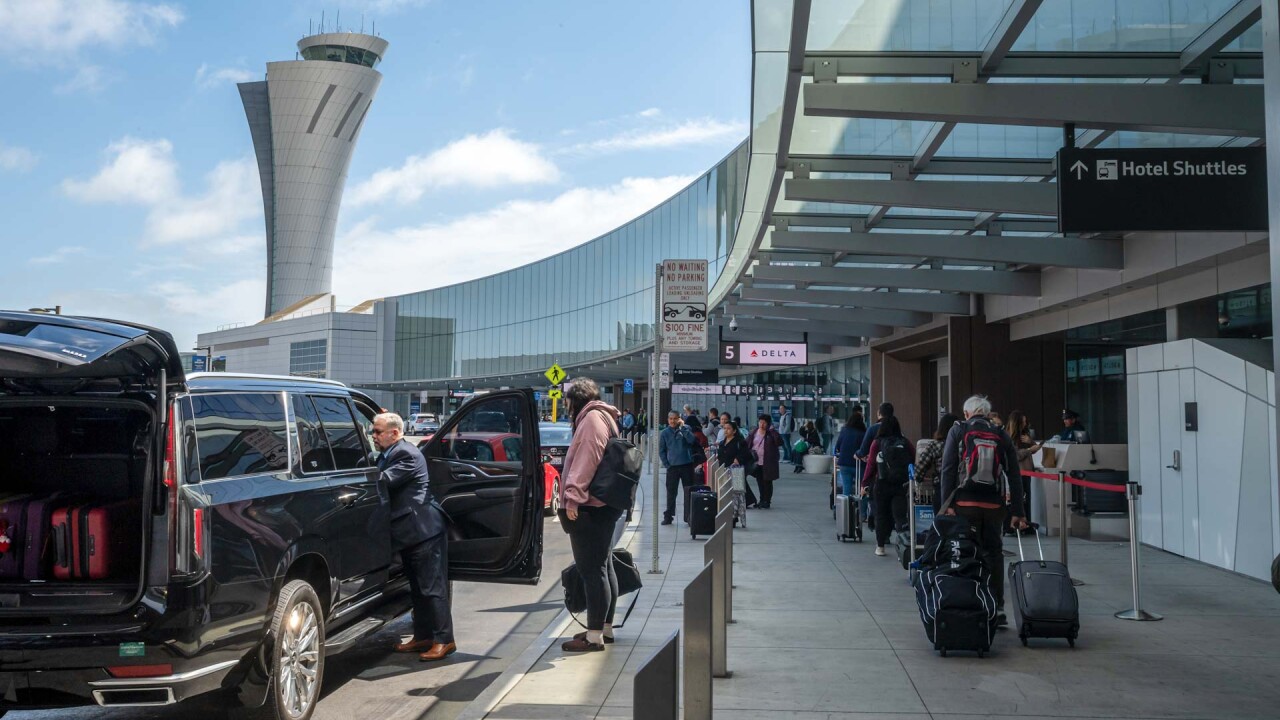CHICAGO - Goodwill Industries of Southeast Wisconsin Inc. next week will become the latest not-for-profit to take advantage of Wisconsin's willingness to issue debt on behalf of a local organization that wants to use some of its bond proceeds to pay for projects in a nearby state.
The Wisconsin Health and Education Facilities Authority is serving as the issuer on Goodwill's $10 million sale. It's the fourth deal the WHEFA has sold in recent years that includes some funding for projects outside the state. Robert W. Baird & Co. is the underwriter on the variable-rate debt that will carry a letter of credit from U.S. Bank National Association.
The LOC provides the deal with a Aa2 rating from Moody's Investors Service.
About half of the bond proceeds will refund outstanding debt with the new-money proceeds paying for the construction and equipping of collection and resale centers for donated goods run by Goodwill in Illinois and Wisconsin.
The Goodwill deal is the third so-called cross-border financing to come up over the last month. Missouri-based SSM Healthcare earlier this month sold $137 million of debt through the Missouri Health and Educational Facilities Authority to pay for projects in Missouri and other states.
The Illinois Educational Facilities Authority earlier this month approved its first ever cross-border financing. Aurora University will sell $14 million later this summer with a portion of the deal going to finance dormitory renovations at the university's campus in Lake Geneva, Wis.
Market participants said the ability to use just one issuer has benefits from cost of issuance savings to reduced time spent dealing with multiple parties meeting the rules imposed on borrowers. "The borrowers are fed up with the politics of some states where some authorities will impose a team on your deal," said one bond lawyer who has worked on cross-border transactions.
But some market participants believe borrowers must tread cautiously so as not to offend issuers they might later need. Missouri-based Ascension Health opted to work with the various issuers in the states that house facilities that were to receive funds from its $350 million deal earlier this month, in part, because it wanted to maintain its strong relationships with the various authorities, according to sources.
Some market participants who work with conduit issuers have said they don't see the use of cross-border financings growing much because authorities in competition with one another are slow to embrace the change. Some fear that borrowers will play authorities in opposing states off one another, choosing the one that charges the lower fee or the one in a state that offers an exemption to state taxes in addition to the federal exemption.
But lawyers, financial advisers, and the heads of several authorities that permit cross-border financings said strict guidelines in the field prevent any abuses. "Our board has very tight controls in place," said MoHEFA executive director Michael Stanard. The agency favors deals in which the organization is headquartered in the state or the bulk of proceeds will pay for in-state projects. "It's reviewed on a case-by-base basis," he said.
The Missouri agency has completed four such deals since 2000 when the state Legislature granted it cross-border powers. Colorado and Indiana have similar legislation on their books, and other states allow their conduit agencies to orchestrate some cross-border financings.
Wisconsin has never sought a change to its statutes but is permitted to do financings for projects outside the state as long as they are located in a neighboring state and represent just a piece of a larger transaction. "It has to be the tail on the dog," said Lawrence Nines, WHEFA's executive director. The Goodwill deal is the agency's fourth cross-border deal.
Several market participants said they've heard of investment bankers suggesting to some borrowers that they pick one state over another because of the trading value of that state's paper -- Missouri's debt is exempt from state taxes, while Illinois, Iowa, and Wisconsin grant exemptions only in rare circumstances. But one bond lawyer said cross-border transactions are so complex that it's more about "logistics and cost."
Nines said he sees the potential for cash-strapped lawmakers to question cross-border deals if they are losing state tax dollars.
He would like to see a review conducted of what cross-border transactions have taken place and where for informational purposes.
Nines said the goal of his agency is to remain helpful and cost-effective so that borrowers will choose to continue working with them. WHEFA also tries to cooperate with other authorities, he said.





